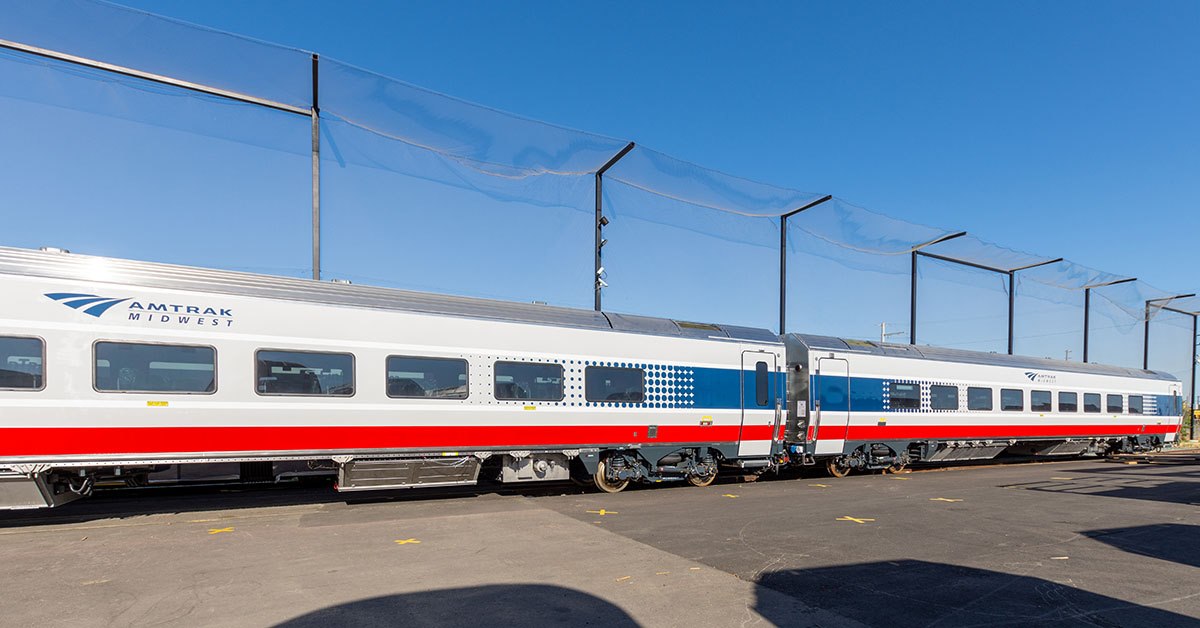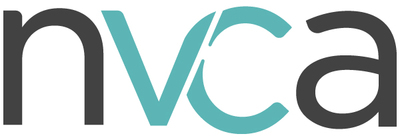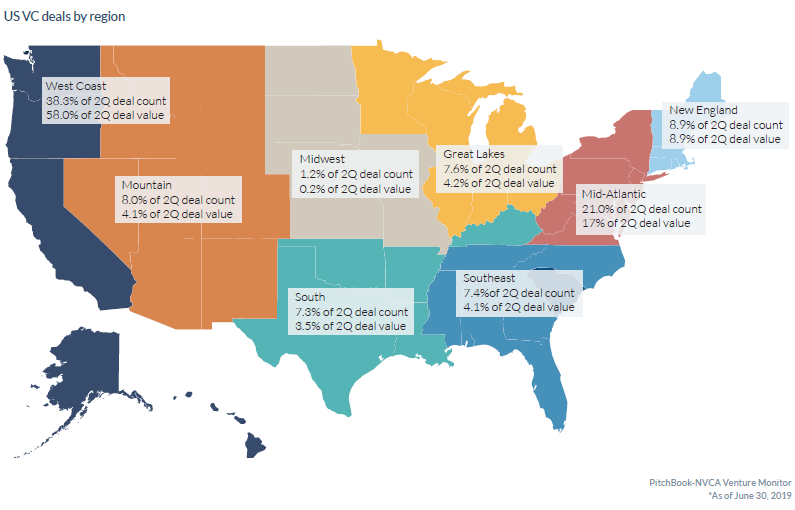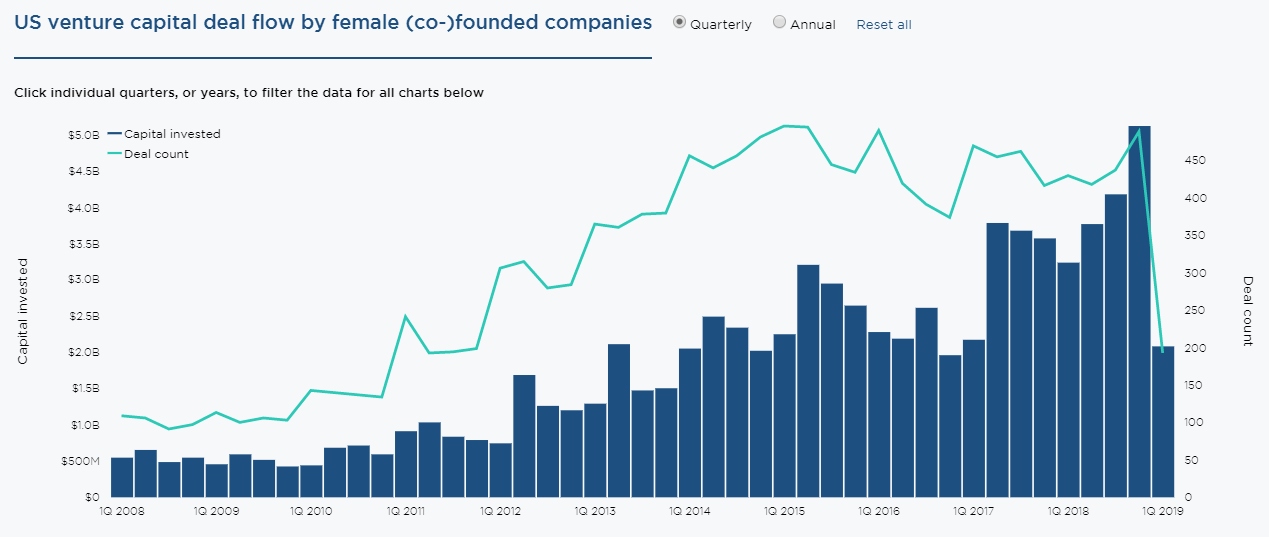
Matt Miller, a Sequoia partner in California, is another strong contender. Some of the most prominent tech investors in Europe have been tipped to lead its new office and while no one seems to know for sure, venture capitalists in London have speculated that it could be Jan Hammer from Index Ventures, Luciana Lixandru from Accel or Suranga Chandratillake from Balderton. “Only a very few funds see the best deals it’s not a very fair process,” says Murphy. Paul Murphy, partner at London-based venture capital firm Northzone To get in on the best deals, US venture capital funds will need to get boots on the ground. They also have increasingly deep pockets: in 2019 alone European venture capital firms raised some big funds (Accel: $575m Northzone: $500m Balderton: $400m EQT: €660m). Europe’s top venture capital firms might not have invested in Google, but among them they have helped grow Spotify, King,, Skyscanner, Adyen and DeepMind and, more crucially, have decades of experience and deep networks in the continent.

“Even in Germany working for a startup is now a respectable thing to do.” Sequoia rumoursīut it won’t be a walk in the park for the Americans. A new generation of entrepreneurs has emerged, local venture capital companies have become bigger and more sophisticated, and promising startups have popped up across the region - including femtech startup Clue and music business SoundCloud, both part of the Union Square portfolio.

“Europe has grown up in so many ways,” he says. It’s smart that they’re coming.”Īlbert Wenger, managing partner at New York-based Union Square Ventures, says Europe has also become more enticing to US venture capital firms because the quality of startups is, quite simply, much higher than it once was. Here you can be a pretty average VC and do well. “It’s two and a half times more capital efficient. “They want to be here in Europe,” adds Northzone’s Murphy. “When the US market gets too expensive, everybody looks to the ‘cheaper’ places where the incoming valuations aren’t quite as crazy as they are in the US,” she told Sifted. “The biggest challenge is that everything is overpriced right now,” says Karen McCormick, a partner at Beringea, which has offices in the US and the UK. “The biggest challenge is that everything is overpriced right now.” For many US investors, this difference is getting out of hand. Startup valuations are notoriously higher in the US than in Europe, cost of living and talent is generally much higher too - and as a result businesses on the other side of the Atlantic frequently raise several times more money than their European competitors. US funds are coming because Europe is comparatively cheap. In 2019, according to Atomico’s State of European Tech report, 19% of funding rounds into European startups included an American investor. In 2018, some 7% of venture capital deals into European startups involved at least one Silicon Valley venture capital firm, up from 3% in 2013. Last year was a record year for fundraising by European startups, with $34.3bn raised - and it came with an increasingly US flavour, as Sifted reported last March. “The interest in European startups is accelerating,” says Ophelia Brown, founding partner of London-based venture capital firm Blossom Capital, which recently raised a $185m fund, largely from US investors. There are always waves of this stuff happening.” More bang for your buck Accel thrived but Benchmark Europe rebranded as Balderton and IDG shut down.

“All the US funds came to Europe, and left.

“This happened before,” says Paul Murphy, partner at London-based venture capital firm Northzone.


 0 kommentar(er)
0 kommentar(er)
